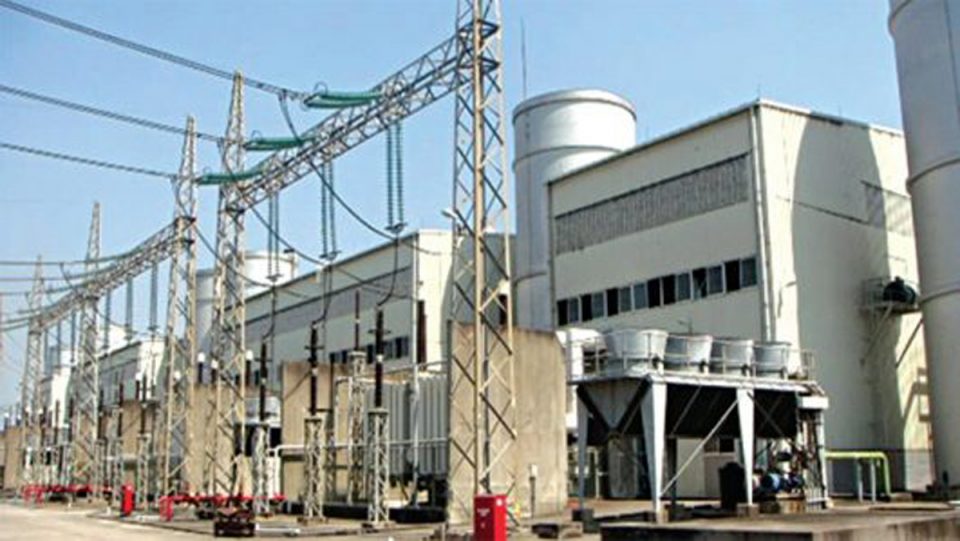Electricity Act 2023: Ten important things to know
The game-changing Electricity Act 2023 was signed into law by President Bola Ahmed Tinubu (BAT) last week.
Here are ten important things Nigerians should know about it as revealed by the Asiwaju Bola Ahmed Media Centre.
The newly signed act is different from the bill signed by former president Muhammadu Buhari.
While the Buhari bill took electricity off the exclusive list, the act will provide a framework that will guide the post-privatization phase of the Nigerian Electricity Supply Industry (NESI) and encourage private sector investments.
The act mandates electricity-generating companies to either generate power from renewable energy sources, purchase power generated from renewable energy or procure any instrument representing renewable energy generation.
The act enables states, companies and individuals to produce, transmit and distribute electricity promoting empowerment in the energy sector.
The act states that anyone may construct, own or operate an undertaking for generating electricity with a cap of o1MW in aggregate or as NERC may determine from time to time, without a license.
The act mandates the National Electricity Regulatory Commission (NERC) to regulate the sector in Nigeria but also mandates them to transit regulatory duties to states who have adopted the bill and established their own regulatory commissions.
The act grants lawmakers the power to carry out oversight responsibilities and function over the NESI through its respective committees on Power in the Senate and House of Representatives.
The Act 2023 replaces the Electricity and Power sector reform act 2005.
The act provides for states to issue licenses to private investors who can operate mini-grids and power plants within the state, however, it precludes interstate and transnational electricity distribution.
Only Lagos, Edo, and Kaduna states currently possess electricity market laws and can independently regulate their markets, while other states without such laws will be regulated by the NERC in terms of electricity generation and transmission.
Meanwhile, the Electricity Act was first passed in July 2022 and it was made to replace the Electric Power Sector Reform Act (EPSRA), which was signed into law by former President Olusegun Obasanjo in 2005.
It became important to draft the 2023 Electricity Act because the former extant law guiding Nigeria’s electricity sector was the EPSRA which was no longer capable of tackling the post-privatization issues in the sector.
The EPSRA created a single electricity market with one sole regulator, meanwhile, electricity has always been a concurrent legislative matter. So, there had to be a total repeal, which finally occurred last week




